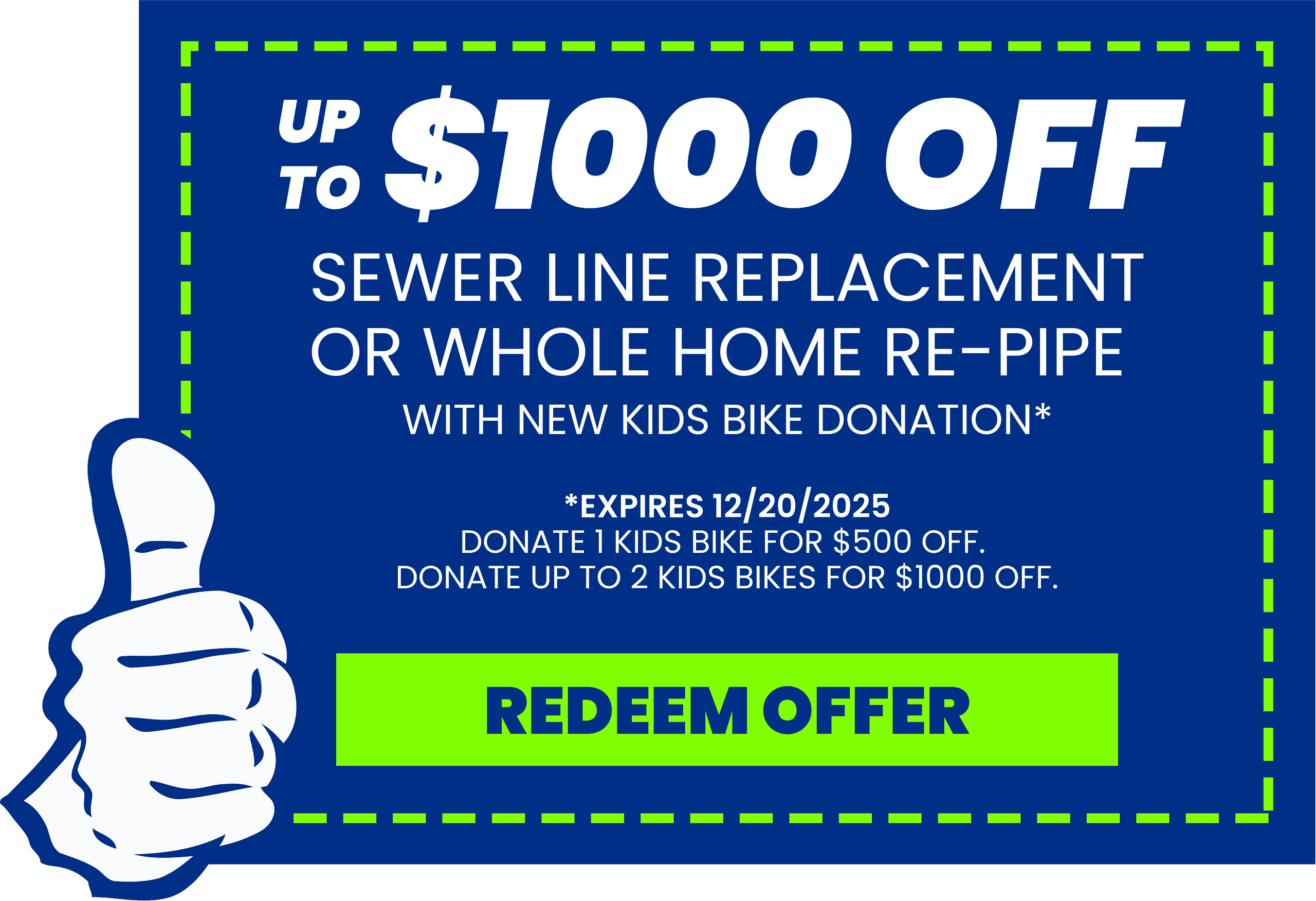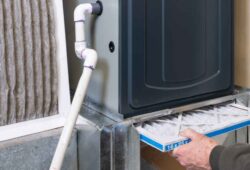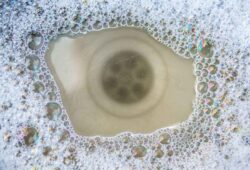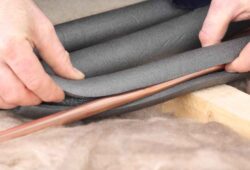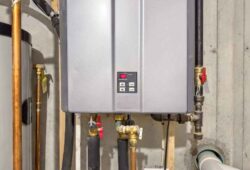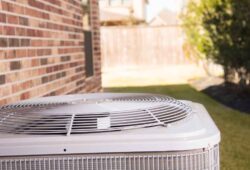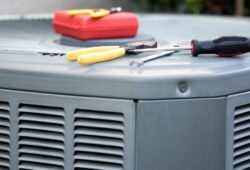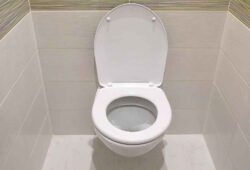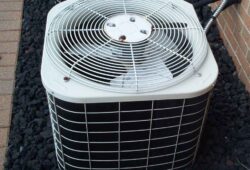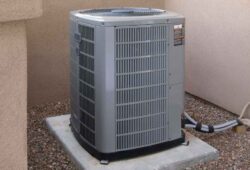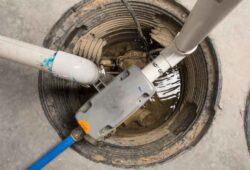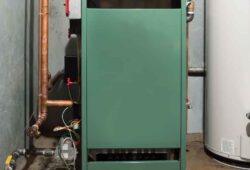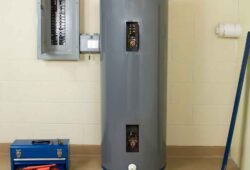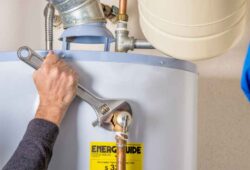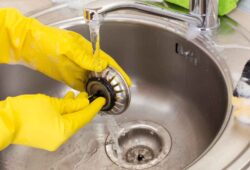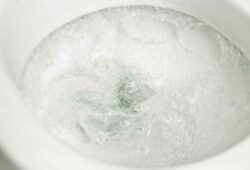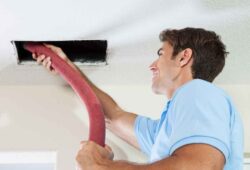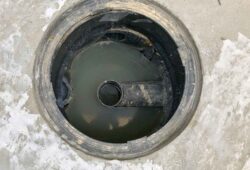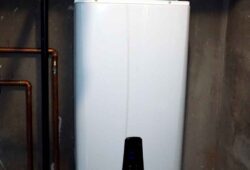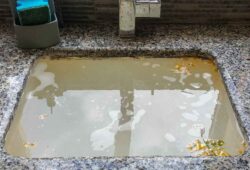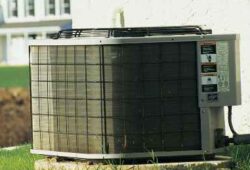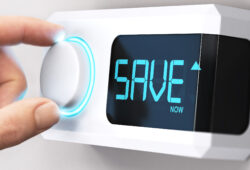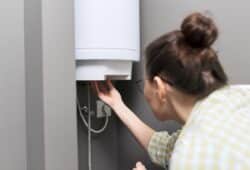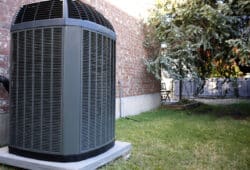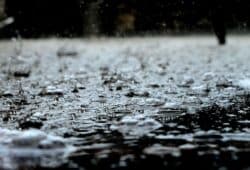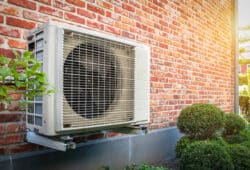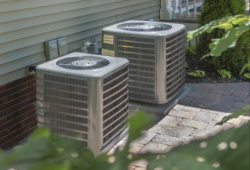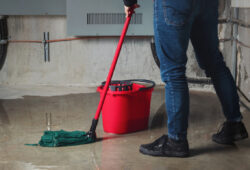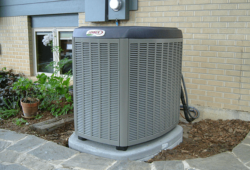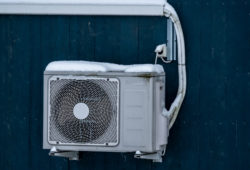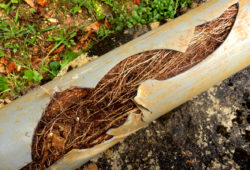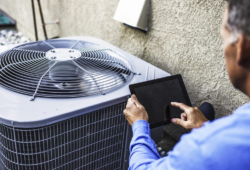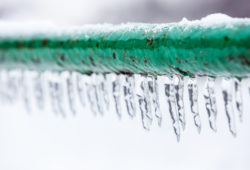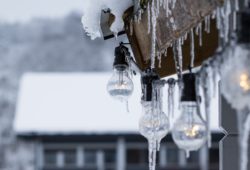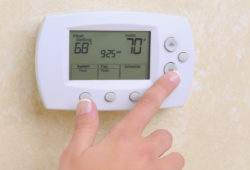Heat pumps offer an energy-efficient alternative to traditional furnaces for keeping your home warm during the winter. However, these systems do have limitations that can prevent them from operating properly on the coldest days of the year.
Setting realistic expectations for how your heat pump will perform during the colder months is important. By understanding your system’s limitations now, you can avoid getting left out in the cold this winter.
How Heat Pumps Work
If you notice that your house seems a bit cool during the peak of winter while using a heat pump, you’re not alone. It’s common for heat pumps to struggle to get up to temperature on the coldest days of the year — even if they’ve been running for a while.
So, why can’t heat pumps keep up against the cold? It all has to do with how they operate: Heat pumps can heat and cool the home. The system works by moving heat from one side of the unit to the other, depending on the season.
The heat pump uses refrigerant to absorb hot air indoors when it’s warm out. The heat is then released through the system’s outdoor unit. During the winter months, this process is reversed, taking heat from the exterior to the interior of your home.
Since heat pumps rely on exterior heat to warm the home during the winter, absorbing the heat outdoors will work well when the temperature remains above zero. Otherwise, homeowners may begin to notice a decrease in performance.
5 Common Problems With Heat Pumps During the Winter
Homeowners can expect to see a decline in efficiency and performance with their heat pumps when outdoor temperatures begin to plummet. There are several common issues that you may experience with a heat pump during the winter, including:
1. Your Heat Pump Doesn’t Reach the Set Thermostat Temperature
Once temperatures fall below 35 degrees Fahrenheit, heat pump efficiency takes a sharp, noticeable decline. For this reason, heat pumps are best used in climates with milder winters, such as South Carolina.
2. The Heat Pump’s Outdoor Unit Freezes
One of the biggest reasons a heat pump fails to keep you warm during the winter is that its outdoor units are prone to freezing. Ice forming over your exterior system can obstruct airflow and prevent heat absorption. Typically, the system’s built-in defrosters should resolve the issue; however, you may need to call a professional for heat pump repair if the ice doesn’t melt after the defrosters activate.
3. Insufficient Heat Pump Refrigerant Levels
When your heat pump is low on refrigerant, its ability to absorb heat reduces. Refrigerant leaks should be addressed by a knowledgeable HVAC technician as this material requires careful handling by a certified professional.
4. The Heat Pump Is Too Small for Your Home
The issue may be that the heat pump is too small to support your home’s comfort demands. Contact a heat pump specialist to conduct a load calculation and see if you could benefit from upgrading to a bigger system.
5. It’s Time To Schedule a Heat Pump Replacement
Even the best-maintained systems will inevitably reach the end of their life span. Heat pumps usually last about 12 years with a proper tune-up schedule. If your system is old and shows signs of declining performance, efficiency, and reliability, it may be time to consider heat pump replacement.
Go Preferred When You Need Heat Pump Repair or Replacement
While heat pumps might not be ideal for sub-zero winter conditions, they are a great choice for Charleston-area families seeking a year-round, energy-efficient comfort solution.
If your system struggles to keep you warm on the coldest days of the year, Preferred Home Services offers the heat pump repair and replacement solutions you need to regain total comfort quickly.
Don’t let a failing heat pump system leave you out in the cold. Call us at (864) 206-5620 to contact us online to request heat pump services in the Greenville area today!
















